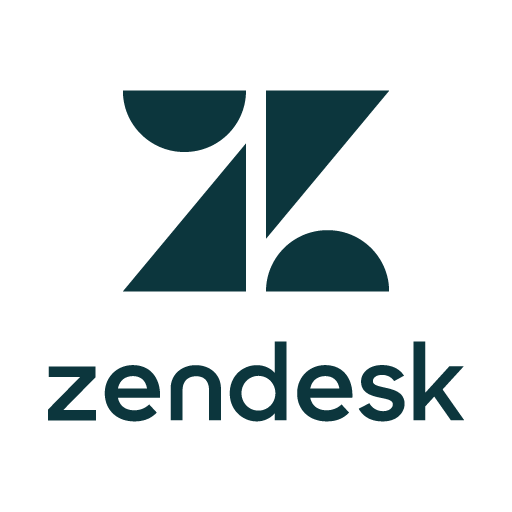From A Free Skype Plugin To A $1M/Year Audio/Video Transcription Service
Hello! Who are you and what business did you start?
Hi guys! My name is Rajiv Poddar and I run a business called Scribie, an audio/video transcription service. Our customers send us recordings of their Zoom meetings, phone calls, YouTube videos, etc. and we send them back a document that is neatly typed out and is as accurate as possible. The work is done by freelancers spread across the world and we provide them a platform that helps them do it efficiently. Our AI, online editor, and other tools improve their productivity.
We have been in business since 2008. We are more like a professional service than a growth focussed startup. We focus on quality which is the nemesis of growth anyways. We aim to provide the best quality at a reasonable cost. Therefore, we have consciously chosen to stay a small and lean company.
We just crossed $1 Million in revenue in 2020.















